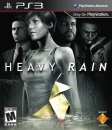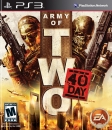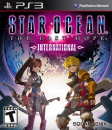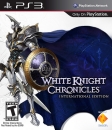Mr Khan said:
ECM said:
As a former game 'journalist' let me explain how this works:
Advertiser (game co.) puts pressure on ad sales guy who puts pressure on publisher who puts pressure on EIC who puts pressure on writers.
Now, at least in my case (and to the eternal credit of my publisher), we ignored all of that and just said whatever we wanted, *BUT* this is *NOT* the best way to be successful in the game media business.
That said, you will still probably get p/review copies, you'll just find it more difficult paying the bills, especially in hte long-term.
(This situation is actually much worse for the smaller outlets because they live and die on each ad spend, which makes the fact that, allegedly, IGN does this a bit startling but no less disgusting.) |
I imagine because IGN's reviews matter, as opposed to websites of less notoriety. Thus the pressure will be stronger.
|
Generally speaking, the bigger you are, the less easy you are to push around because you're less beholden to any, one, party and, thus, can say what you want with little fear of reprisal (the sheer size means that advertisers will contineu with you because of that size, regardless of the drubbing their products migh ttake--after all, it's about eyeballs for the marketing dept.)
The little guys, on the other hand, are not in the position to lose revenue because losing one can mean the difference between publish or perish, which I can both assure and promise you, from personal experience, and the advertisers *know* this.*
This pretty much holds true or any form of media, whether it be IGN, CNN, or the NYT...or at least it should, but it, allegedly, isn't in IGN's case, but that might be because they can't make any money these days.
*We had one *nakedly* demanding we start upgrading their scores or they'd pull their ads--the threat wasn't implicit, it was explict.
































/cdn.vox-cdn.com/uploads/chorus_image/image/57911923/DQfpvkMU8AA_hnk.0.jpg)




































